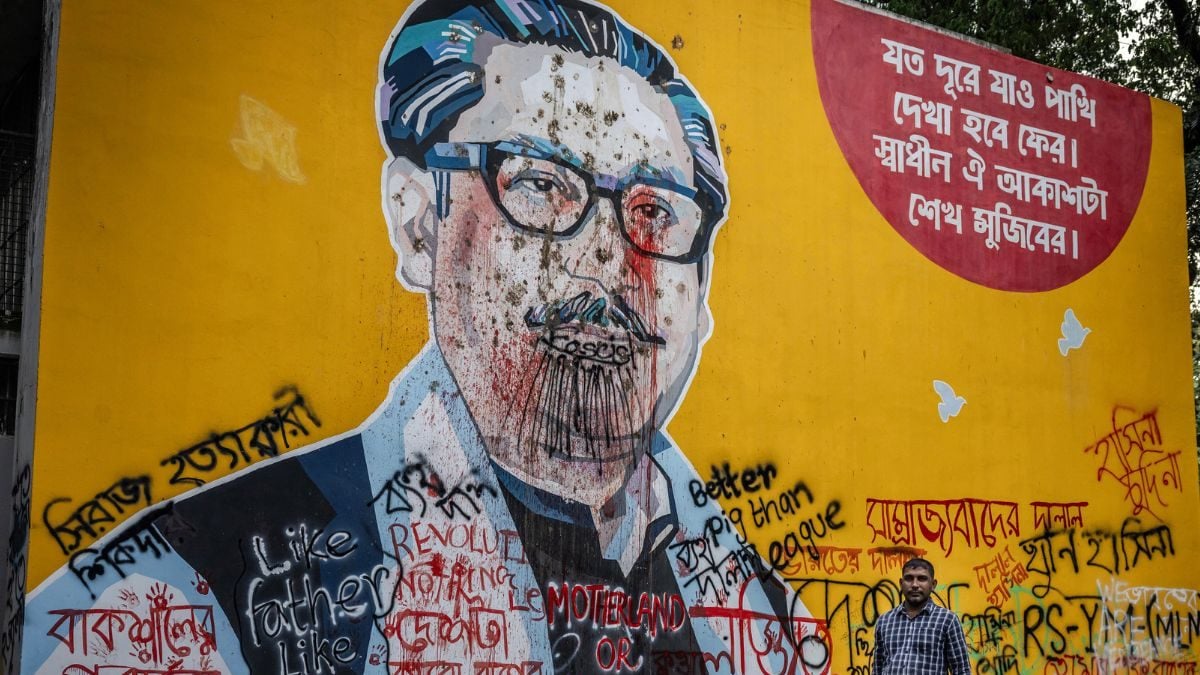Bangladesh On Brink Of Secular Constitution? Attorney General's Plea Sparks Controversy Among Radical Groups

In a move that has sparked widespread controversy, the Attorney General of Bangladesh, Md Asaduzzaman, has asked for the word "secular" to be removed from the country's Constitution, arguing that 90 percent of the population was Muslim. The request is part of a series of changes aimed at aligning the Constitution with the country's democratic and historical ethos.
The Attorney General argued that Article 2A, which ensures equal rights for all religions, and Article 9, which promotes Bengali nationalism, are contradictory to his proposed changes. He also sought to change the designation of Bangabandhu Sheikh Mujibur Rahman, who is widely referred to as the "Father of the Nation", in an attempt to eliminate what he described as "secular" influences.
The move has been welcomed by many, but others have expressed concern that it could lead to a radical shift towards an Islamic nation. Top Indian government sources revealed that more such changes are likely to follow, adding that the Attorney General's move was in line with the Yunus government.
Jamaat-e-Islami, a radical Islamist group, has been promoting such changes, and its leaders have welcomed the move. The group has called for a review of the Constitution and a reorientation of the country towards Islam.
The controversy comes as the country is still reeling from the ousting of Prime Minister Sheikh Hasina, who fled to India last month with her close aides and former ministers. A special tribunal in Bangladesh has asked Interpol to issue a notice for her arrest, citing charges related to hundreds of deaths during a mass uprising.
The development has raised concerns about the country's future trajectory and the potential implications for regional stability.
